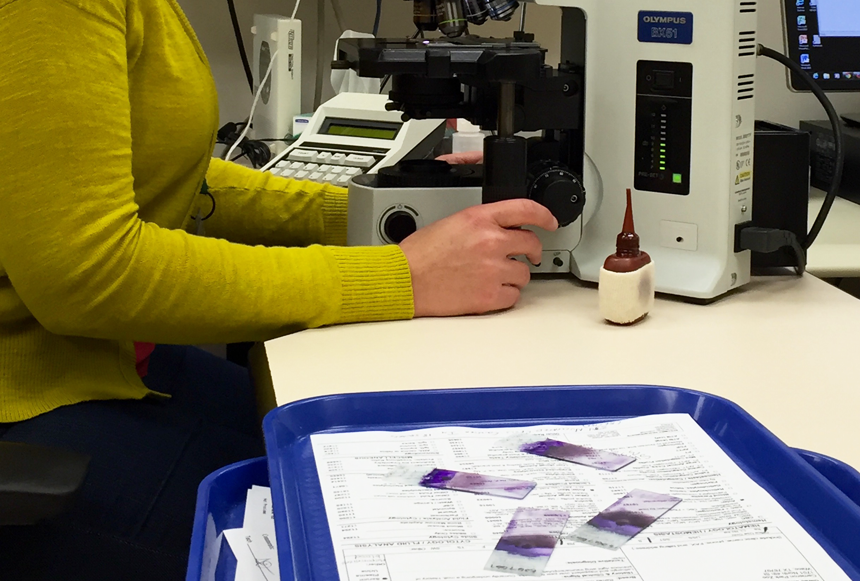Dogs and cats bring joy to our homes, and caring for their needs is essential. Pet health labs are essential tools in ensuring proper care for household animals.
This article, we’ll cover the value of lab tests for animals and explain the testing process.
How Do Veterinary Laboratories Work?
Veterinary laboratories focus on testing for analyzing health markers. These labs support animal doctors to ensure timely interventions.

Steps in veterinary testing usually includes:
- Sample collection: Health markers are sent to the lab.
- Sample examination: Technicians and machines deliver diagnostic insights.
- Providing actionable data: Labs share results with veterinarians for targeted interventions.
Key Diagnostics for Pet Health
A variety of tests are available for pets to address medical issues. Frequently used procedures include:
- Biochemical screens: Assess organ function.
- Urine diagnostics: Check for diabetes.
- Fecal analysis: Detect worms or parasites.
- Sensitivity screens: Improve coat health.
- Advanced imaging tests: Examine internal structures.
The Benefits of Veterinary Testing
Routine diagnostics is key to keeping pets healthy. Through these tests, your pets stay healthier longer.

The advantages include:
- Longer, healthier lives: Vets can tailor treatments.
- Saving on future treatments: Early detection reduces expenses.
- Confidence in care: Stay ahead of potential issues.
laboratorio veterinario conselheiro moreira de barros
The Value of Diagnostics for Pet Owners
Pet health labs ensure pets get the best care possible. By using these valuable resources, you ensure your pets are healthy.
Schedule a diagnostic exam now and ensure their happiness and longevity!